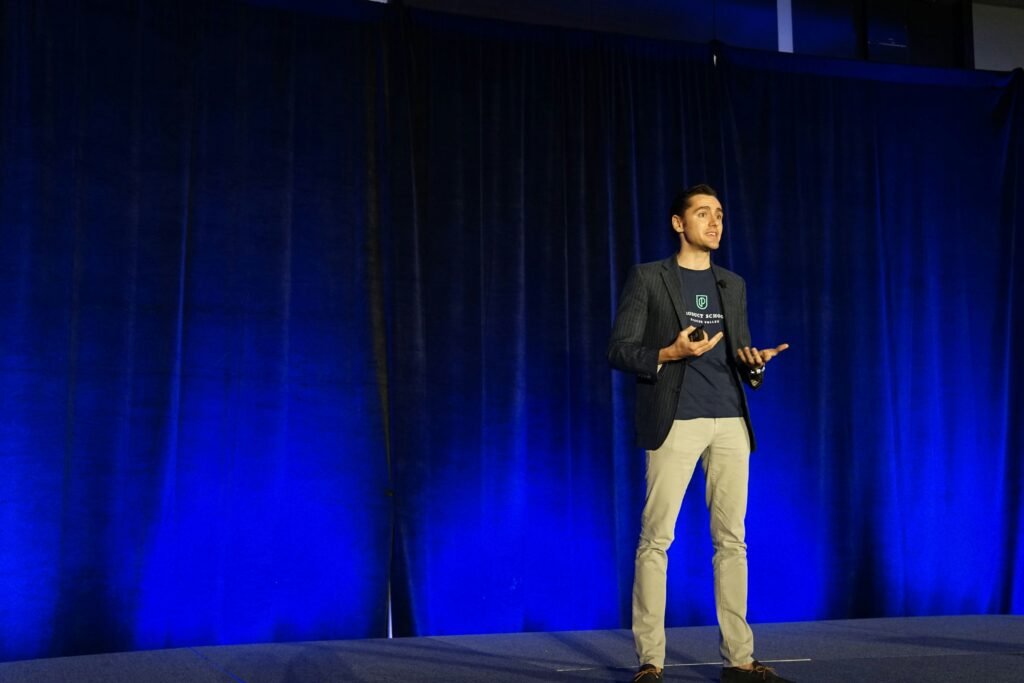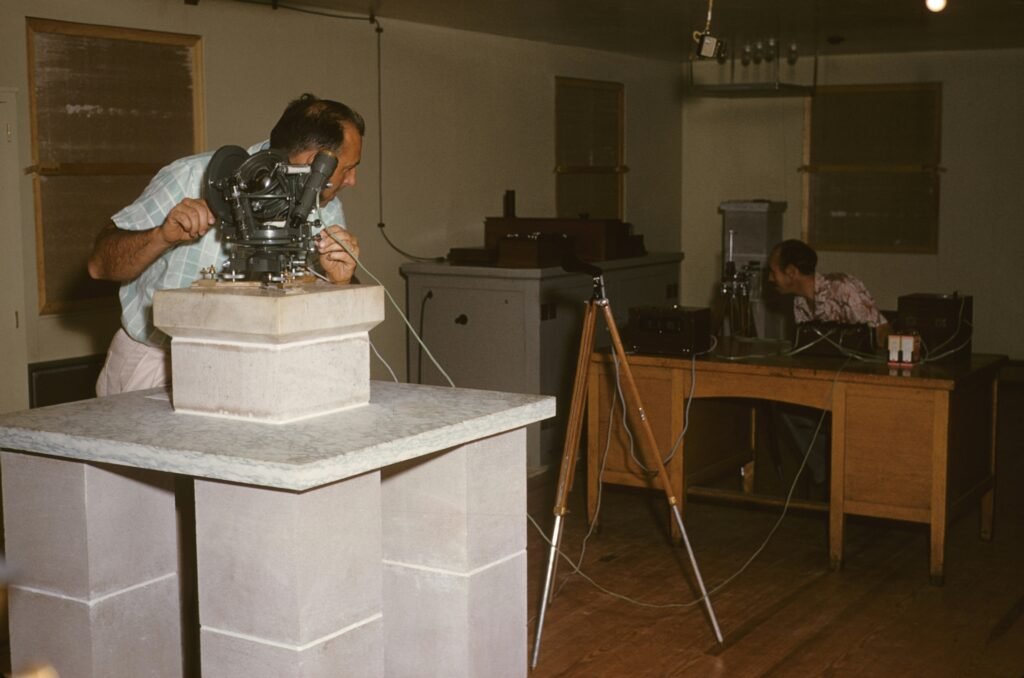I have been in the corporate world for 15 years now as an assurance and risk professional, that includes privacy and information security risks (and all that good stuff around tech – it’s what led me to start writing for ‘Tech India’).
Something I’ve increasingly noticed in the last year or so has brought me to this realization which should have been very obvious, but which needs to be discussed in detail. Let’s talk about expertise, and to start I present to you my first (very) short story.
Short story: The Emperor’s New Presentation
Last month, our marketing team gathered for the quarterly strategy meeting. Raj, a newly hired executive, was set to present his vision for our upcoming tech campaign. His presentation was flawless – beautifully designed slides, eloquent phrases about “market penetration dynamics” and “consumer sentiment indicators,” complete with impressive charts showing potential growth trajectories.

Everyone seemed impressed, until our director Priya began asking questions.
“Interesting analysis on the rural market adoption curve. Could you elaborate on how you see feature phones playing into this strategy, considering their continued relevance in tier-3 cities?”
Raj froze. He stammered something about “digital transformation being inevitable” before quickly changing the subject.
“And these consumer behavior patterns you’ve highlighted – did you account for the festival season purchasing spikes we typically see?”
Another vague response followed.
It became painfully obvious: Raj had used AI to create his entire presentation but lacked the fundamental understanding to support it. The glossy slides couldn’t mask his limited grasp of the Indian tech market’s unique complexities.
End of story.
The AI Explosion
This scenario isn’t isolated or even hypothetical these days. The use of generative AI tools has skyrocketed in the past two years. According to a 2023 McKinsey report, over 70% of companies globally had already begun experimenting with generative AI in their workflows. In India specifically, adoption rates have increased by 230% since early 2023.
The India AI market itself is projected to reach USD 7.8 billion by 2025, growing at a CAGR of 20.2% from 2020. What’s particularly noteworthy is that consumer-facing AI applications are seeing the fastest growth – tools that essentially provide ready-made answers, content, and analysis at the click of a button.
The New Consumer Behavior
We’re witnessing a fundamental shift in how people seek information. Rather than consulting experts or taking time to learn fundamentals, many are turning to AI for instant expertise.

Consider these trends:
- Search queries for “AI answer” and related terms have increased by 580% in India since 2023
- Over 62% of college students report using AI tools to complete assignments
- The average time spent researching topics in-depth has decreased by 44% among working professionals
As someone who has spent years analyzing consumer technology trends in India, I find this shift concerning. When people in Bengaluru or Indore have questions about which smartphone offers the best value, they increasingly type prompts into ChatGPT rather than consulting tech reviewers who have physically tested hundreds of devices across price points and use cases.
The Knowledge Gap
Here’s the fundamental problem: AI summarizes existing information. It doesn’t innovate, experience, or truly understand.
When someone asks Gemini or Claude about “the best laptop for engineering students in India under ₹60,000,” the AI hasn’t:
- Tested the laptop’s thermal performance during Mumbai summers
- Experienced the frustration of poor after-sales service in smaller cities
- Understood the specific software requirements of Indian engineering colleges
- Felt the weight of carrying different laptops in a crowded Delhi Metro
An experienced tech reviewer has lived these realities. They’ve seen products fail, tracked price fluctuations during Amazon sales, and understand the unique challenges Indian consumers face. Even following the good ones for years (DM me or comment below if you want my recommendations) will give you a sense of the amount of work that goes into really testing a phone and being consistent over the years while staying up to date with the industry – it’s a lot of hard work.
The Shortcut Illusion
For young professionals, AI presents a tempting shortcut. Why spend years developing expertise when an AI can simulate it in seconds?
But this is a dangerous illusion. I’ve been reviewing consumer technology for over a decade, and there’s no algorithm that can replace:
- The intuition developed from handling thousands of devices
- The network of industry contacts providing insider context
- The ability to predict how theoretical specs will translate to real-world performance
- The accumulated knowledge of how Indian consumers actually use their technology
AI can tell you that a particular processor is “powerful” or that a phone has “good battery life.” But it doesn’t know what it feels like when an app constantly crashes during important work, or how frustrating a quickly degrading battery becomes in a place where replacement parts are hard to find.

The Path Forward
To young professionals reading this, I offer this advice: embrace AI as a tool, not a substitute for your own knowledge.
- Use AI to handle repetitive tasks and organize information
- Learn to ask better questions rather than accepting generic answers
- Dedicate time to developing deep expertise in your field
- Value practical experience and real-world testing
- Build relationships with actual experts who can mentor you
Remember, true expertise comes from years of hands-on experience, making mistakes, learning, and developing judgment. It requires patience and consistent effort.
As someone who gradually built knowledge to analyze flagship devices, I can tell you there are no shortcuts to real expertise. Each product tested, each disappointed customer interaction, and each market shift observed contributes to a knowledge base no AI can replicate.
Conclusion
In the rapidly evolving tech landscape of India, where consumers from diverse backgrounds seek guidance on making smart technology investments, genuine expertise matters more than ever.
Artificial Intelligence offers powerful tools that can enhance our capabilities and streamline processes. But we must recognize its limitations. AI cannot replace the nuanced understanding, contextual awareness, and practical wisdom that comes from years of direct experience in a field.
The next time you’re tempted to rely entirely on an AI-generated analysis, remember Raj’s presentation – impressive at first glance but unable to withstand even basic scrutiny.
True intelligence isn’t about having immediate answers to everything. It’s about asking the right questions, recognizing complexity, and having the patience to develop genuine understanding.
In a world of increasing automation and AI assistance, your unique human perspective, shaped by years of dedicated work and real-world experience, becomes your most valuable asset.
